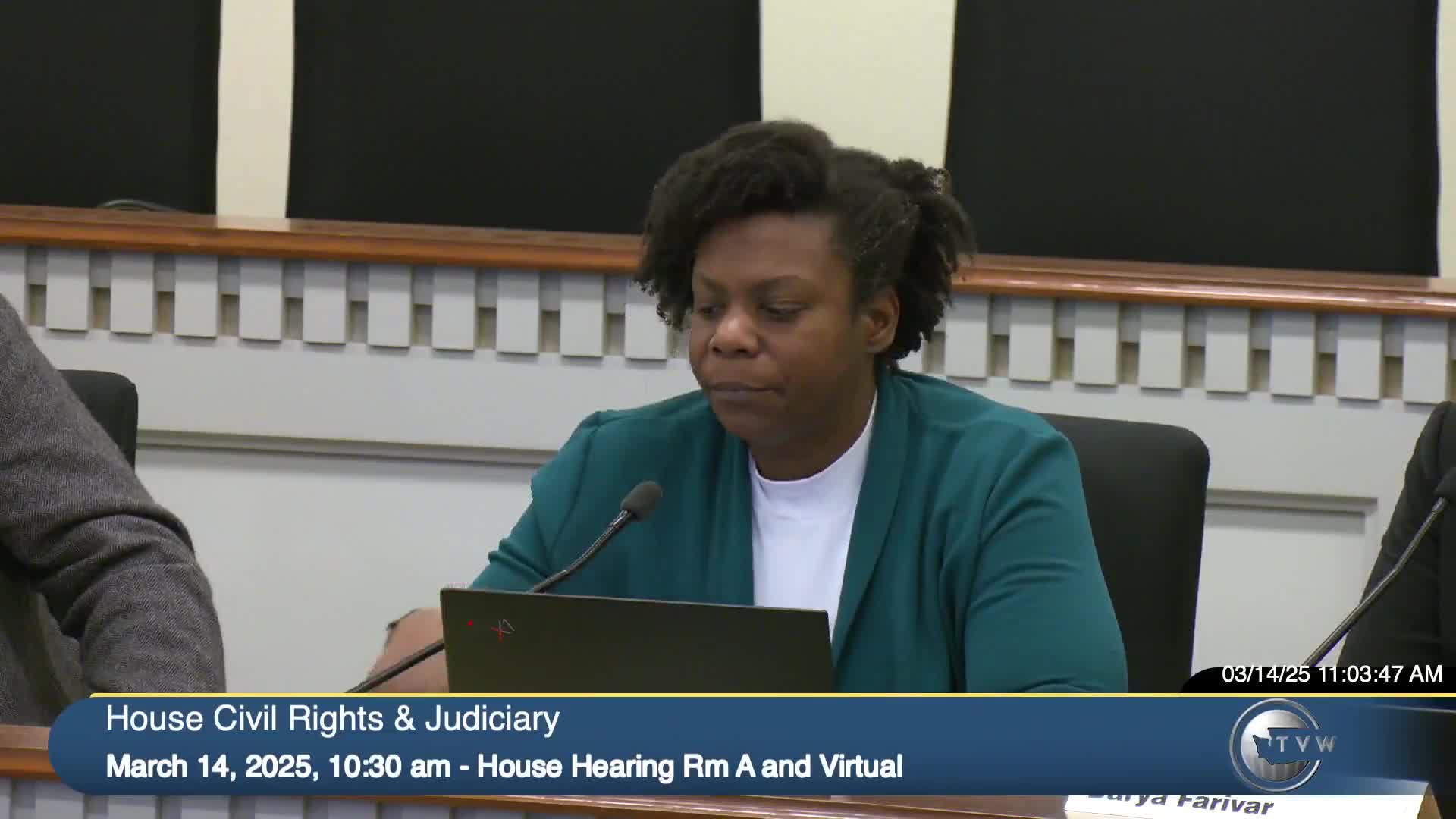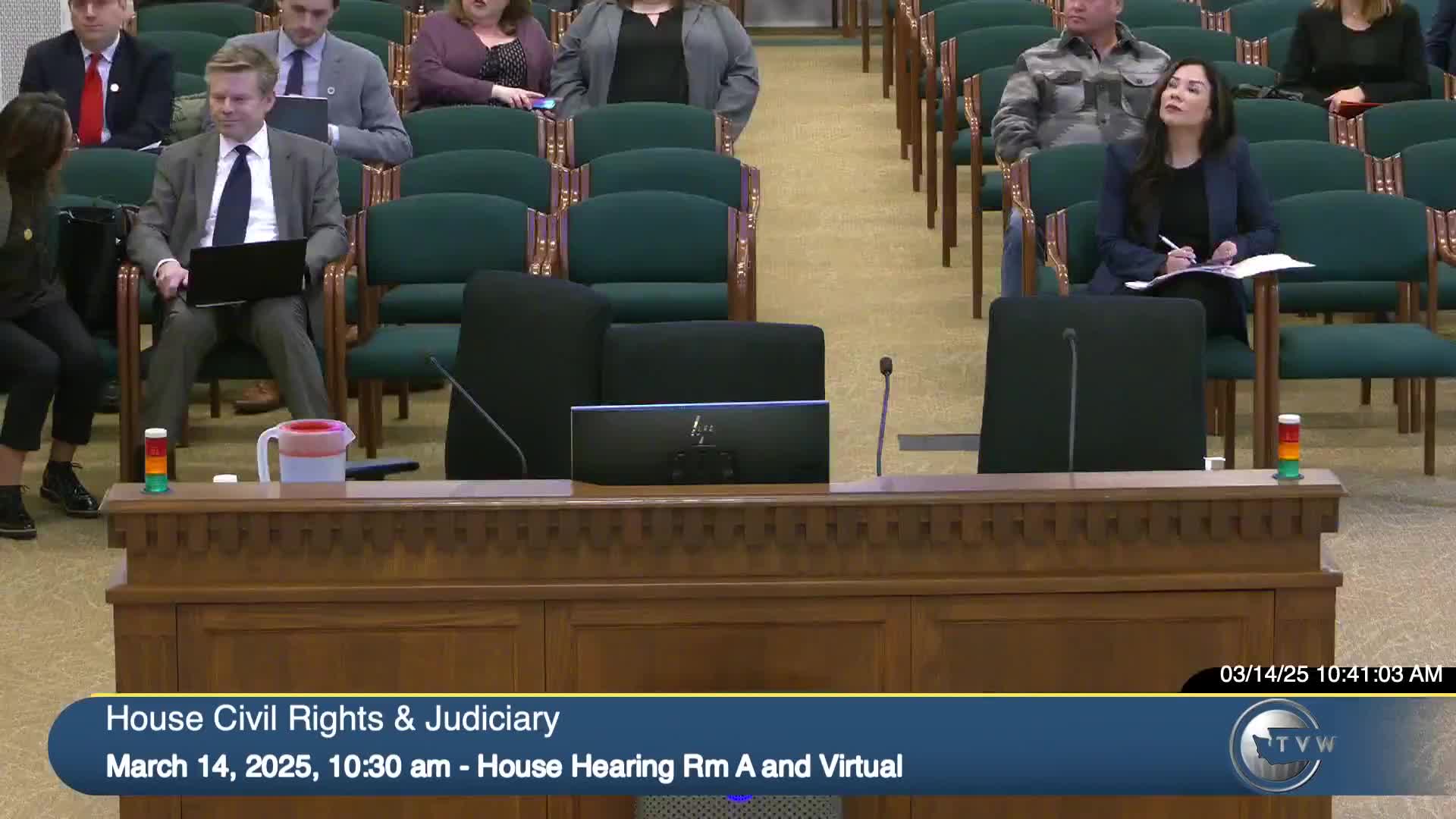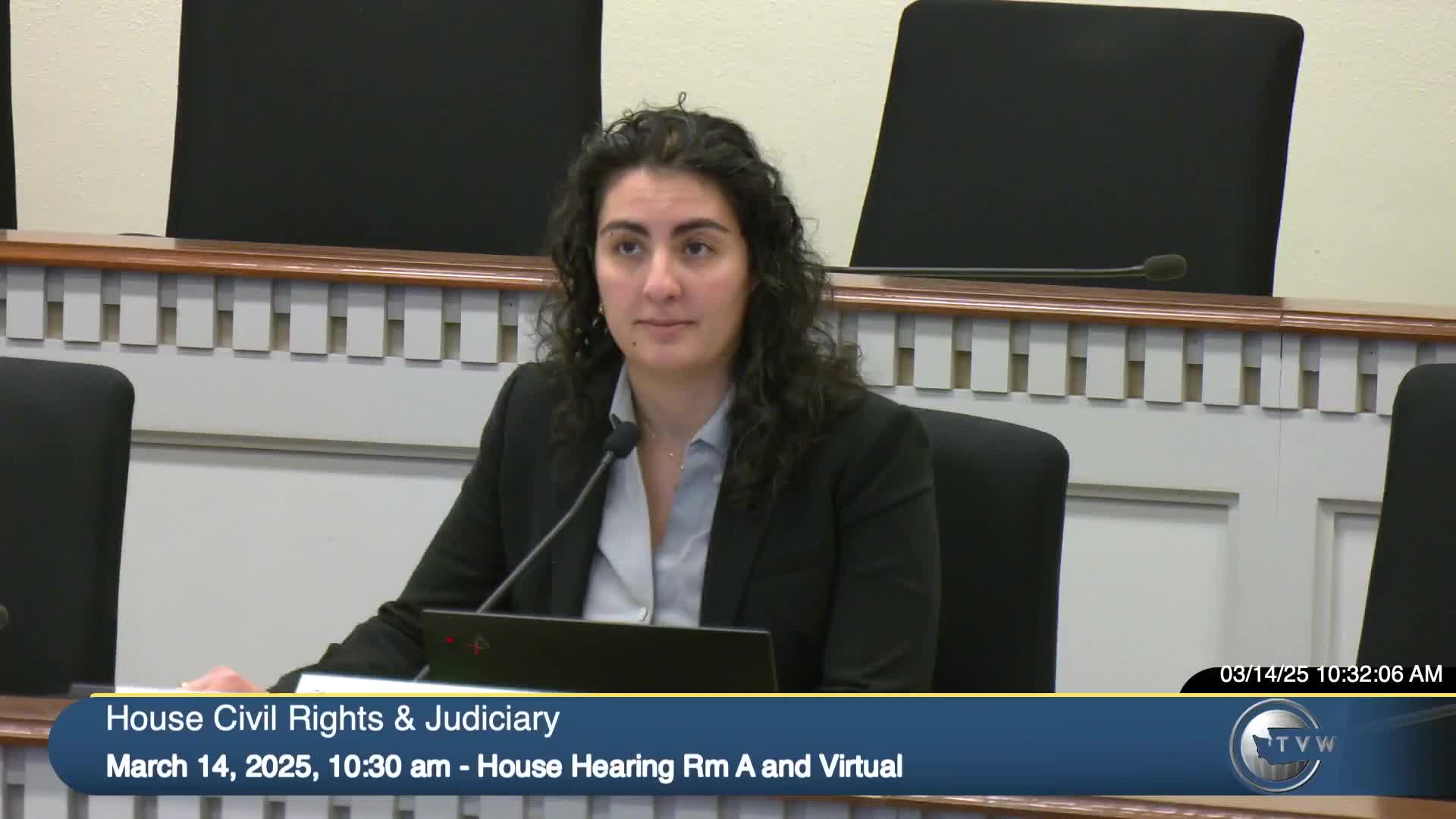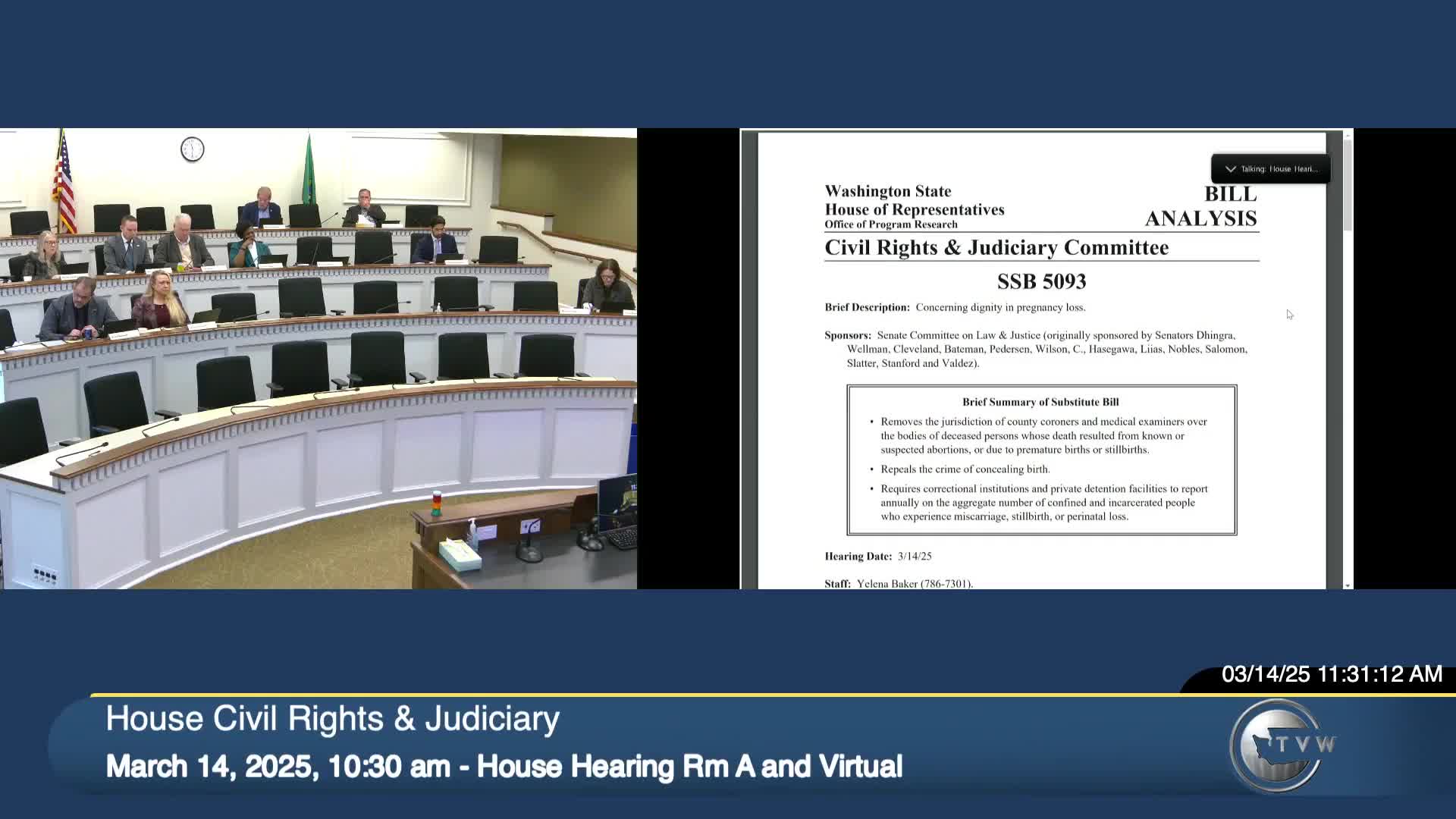Article not found
This article is no longer available. But don't worry—we've gathered other articles that discuss the same topic.

Committee hears memorial asking state Supreme Court to reinstate and expand limited license legal technicians

Committee hears updates to Washington Business Corporations Act including committees of one

Committee hears bill to require state notice of federal HSR merger filings

